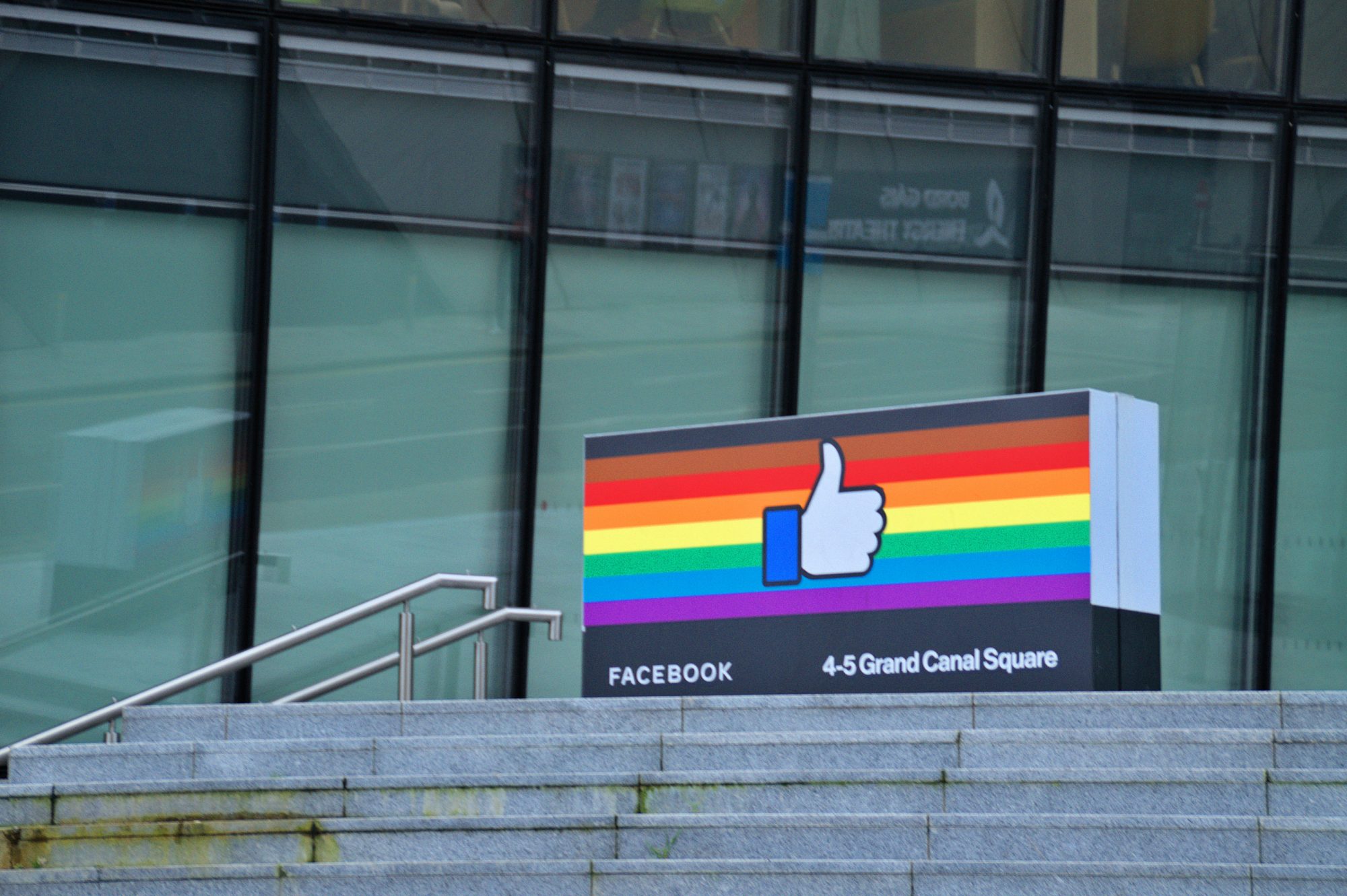A new report by Corporate Europe Observatory reveals that the tech industry spends €97 million on EU lobbying annually – with companies like Amazon spending €2,750,000
Tech is an essential infusion in the lives of most Europeans. Currently, a handful of firms dominate the industry – companies like the infamous Google, Facebook and Amazon. Just ten companies are responsible for a third of spending, dropping more than €32 million on representing their interests in the EU.
A new report, ‘The Lobby Network: Big Tech’s Web of Influence in the EU’, explores the money and policy connections in the realm of European big tech.
The failure of the Online Safety Bill
When it comes to policy that can truly govern market leaders like Google, strong, functional policy is thin on the ground. In the UK, the proposed Online Safety Bill is stuck in parliament. The legislation was first proposed in 2018, in response to the suicide of 14-year-old Molly Russell in 2017.
She committed suicide after consuming content glorifying self-harm on Instagram.
The Online Safety Bill, renamed in 2021 from the Online Harms Bill, has been delayed again and again. At one point, investigations by The Bureau of Investigative Journalism (BIJ) found that Mark Zuckerberg threatened to pull funding from the “anti-tech UK government” – joking about not ‘visiting’ the UK, in the same way he doesn’t visit China.
In other words, there would be a significant loss of UK investment if the Online Safety Bill was given serious teeth against the tech firm.
Lobbyists across the EU continue to relay and push for policy to be appeasing towards the financial and intellectual ambitions of big tech companies.

Business models are “built on violating people’s privacy”
Shoshana Zuboff, academic and big tech critic quoted in the report, said that: “Lobbying – alongside establishing relationships with elected politicians, a steady revolving door, and a campaign for cultural and academic influence – has acted as the fortification that has allowed a business model, built on violating people’s privacy and unfairly dominating the market, to flourish without being challenged.”
Now, the EU is pushing the Digital Markets Act – which would significantly curtail the power of the largest online platforms.
When it comes to targeting the firms that are creating the rules of the new digital world, the report further said: “The Commission’s proposal is then to adopt the concept of digital gatekeepers, broadly meaning market dominant companies, and adopt a set of rules applying only to these gatekeepers. These include prohibiting them from merging personal data collected across services and demanding they refrain from self-preferencing (e.g. giving their own products top billing in Internet searches).”
“to adopt the concept of digital gatekeepers, […] and adopt a set of rules applying only to these gatekeepers.”
The Commission further highlights that these companies use their financial and digital dominance to set the rules for others, while treating third party vendors unfairly.
The Digital Services Act further suggests that potential systemic risks and targeted online advertising are issues that need to be handled, alongside the responsibility of the company over illegal content. Currently, only 1% of misinformation about COVID vaccination has been removed in Bulgaria. Rates of vaccination remain at one of the lowest across the whole bloc.











